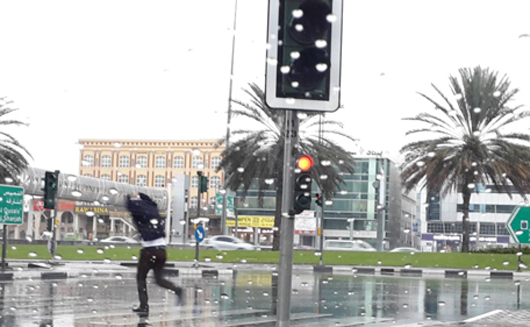
Dubai, Jan 19: Residents across the UAE are in for another 12 hours of stormy, wet weather that is expected to continue until Tuesday morning, with winds already reaching 65kmph.
A marine warning is also in place, with the NCMS stating it has recorded waves peaking at 12 feet in the waters of the Arabian Gulf on Monday.
A ‘freak hail storm’ in Abu Dhabi brought traffic to a standstill on Monday morning, even as the rest of the country battled thunderstorms and flooding, especially in parts of Ras Al Khaimah, Sharjah and Ajman.
A spokesperson for the National Centre for Meteorology and Seismology (NCMS) spoke to Emirates 24|7 saying: “The highest rainfall recorded on Monday morning was 38.2mm, which was at Jabal Jais in Ras Al Khaimah.”
Temperatures at Jabal Jais also plummeted to 4.8°Celsius, with the NCMS warning of temperatures dropping by five degrees in the past 24 hours.
NCMS further added: “This unstable weather pattern will continue until Tuesday, peaking on Monday evening, and weaken by next morning.
“The intensity of rain is also causing flooding in parts of the country, along with low visibility, dropping to 1,000 metres, further hindered by rising dust in open areas.”
Talking about the hail storm in Abu Dhabi, the NCMS added: “This is what you call a freak and intense hail storm that was experienced in parts of Abu Dhabi.
“Due to its intensity, it may appear as snow, but it isn’t.”
Meanwhile, authorities have already deployed emergency crew on water-clogged streets, warning residents of flash floods in the mountains and wadis over the next 24 hours.
RAK Police and Sharjah have stated emergency teams are on the main streets to handle urgent situations and ensure smooth traffic and drainage of rainwater.
Dubai Police has also requested residents to stay put in a safe place if the severity of rain increases and visibility drops.
Organisers of the Sharjah World Music Festival has rescheduled its concerts due to the weather, stating concerts at the Heart of Sharjah will be moved to Masrah Al Qasba - Theatre (19 and 20 January).
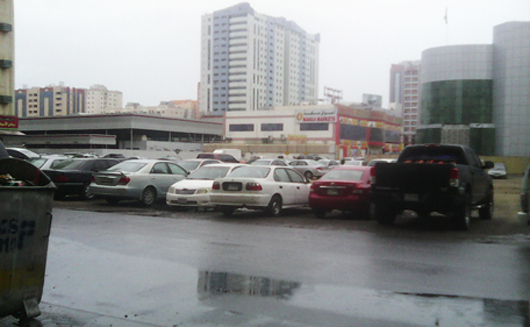
Rain causes traffic chaos in morning
A vehicle has caught fire on Sheikh Zayed Road this morning, northbound, with Dubai Police confirming the incident, even as Civil Defence crews arrive on the scene. According to images, a black SUV has caught fire and is in the emergency breakdown lane at the central divider.
Dubai Police tweeted the same saying: "A vehicle caught on fire on Sheikh Zayed Road from the 4th bridge towards Dubai, resulting in traffic delays."
The traffic situation on E66 has worsened, with commuters reporting of being stuck in traffic for an hour around 9.30am. An eye witness spoke to Emirates 24|7 saying: "The road is free flowing from Al Ain, up until Dubai Outlet Mall; then it’s complete gridlock from Skycourts and beyond, heading into Dubai."
Dubai Police has also warned of traffic congestion on Oman Street, heading towards Baghdad Street. There is also slow moving traffic reported heading towards Business Bay from Sharjah and the Airport Tunnel.
The RTA Sharjah has appealed to morning commuters to be careful and ensure the efficiency of their windshield wipers and brakes before setting off in the rainy weather.
The Ras Al Khaimah Police has also appealed to drivers of saloon cars to avoid entering water-clogged streets where their vehicles may get stuck.
The National Emergency Crisis and Disaster Management Authority (NCEMA) has warned people to stay away from flowing water, tweeting: “In cases of rain and lightning, stay away from flowing water streams and valleys.”
The Roads and Transport Authority (RTA) of Dubai warned commuters to switch on their headlights when driving through the rainy conditions today.
Sharjah Municipality has tweeted: "All road users exercise extra caution when driving during and after rainfall for their and other's safety."
Residents of Discovery Gardens report traffic jams blocking movement out of the area.
Tweets have begun to pour in citing the rain impact and strong winds blowing across the country. The nation's weather bureau, the National Centre of Meteorology and Seismology (NCMS) has tweeted: "Heavy thundery rain over AlRuwais and adjoning."
One radio station tweeted: "Some flooding being reported on the drive in to Dubai from Sharjah".
Overcast skies gave way to rain showers that lashed parts of the country in the morning hours, even as the 'unstable' weather pattern is forecasted to blow in some thunder and strong winds until Tuesday.
The country's weather bureau has warned the country will face stormy skies over the next 24 hours, as wind speeds pick up to 60 kilometres per hour over the waters of the Arabian Gulf, while dropping by 10kmph or so over land.
Speaking to Emirates 24|7, a spokesperson for the UAE's NCMS said: "The unstable weather pattern, which started late on Monday, will continue until midday on Tuesday, bringing with it fresh to strong winds over the sea, scattered rain is most of the country and rising dust over open areas."
The spokesperson stated the weather was caused due to the cold air in the upper atmosphere, resulting a deep low pressure system with a very strong upward motion that will create extra water vapour in the atmosphere and low clouds.
"The thunderstorms will be temporary, limited largely to the northern part of the country, specifically Fujairah, Ras Al Khaimah and Sharjah, but the rains will be experienced even in Dubai and Abu Dhabi," the spokesperson further added.
Cooler climes
Meanwhile, residents may want to reach for their sweaters once again, as the rain and the high winds will also create a significant drop in the Mercury, with the NCMS stating the weather will see a five-degree Celsius drop in the coming days.
"The average lows could reach between six and 12 degrees Celsius in parts of the country," the spokesperson further added.
The NCMS has also warned of rough sea conditions over the next 24 hours, across the Arabian Gulf and the Oman Sea.
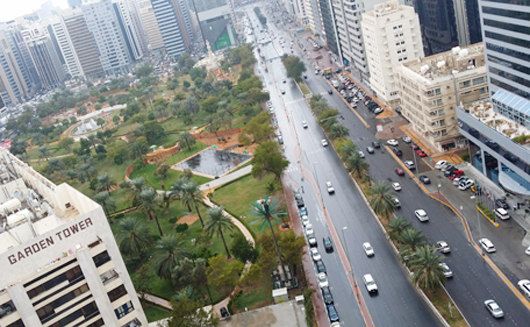
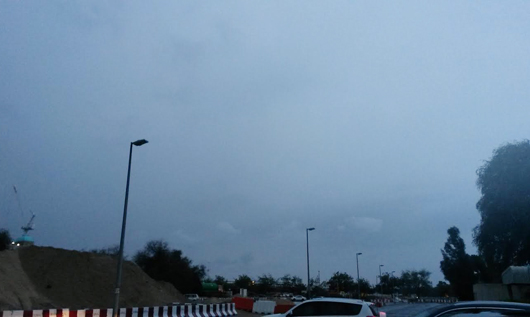
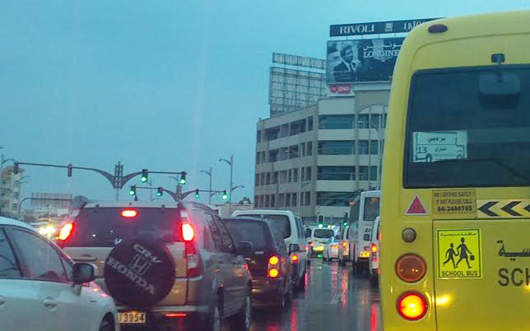
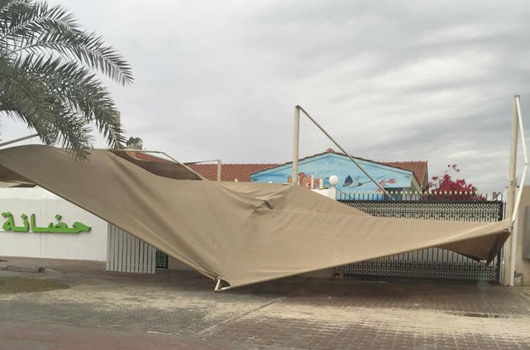
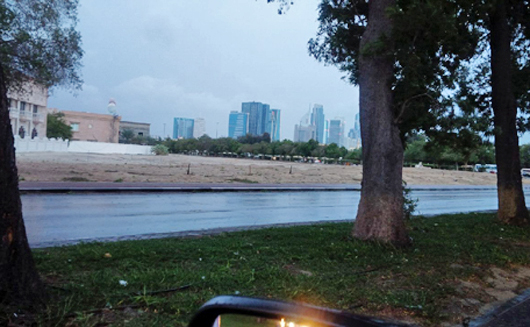
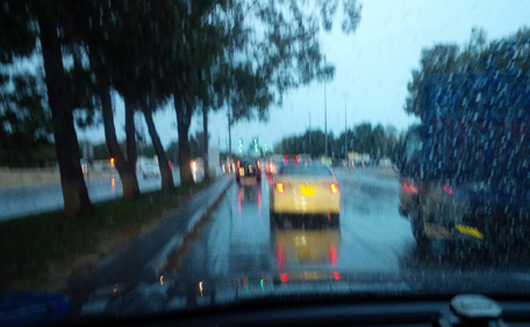
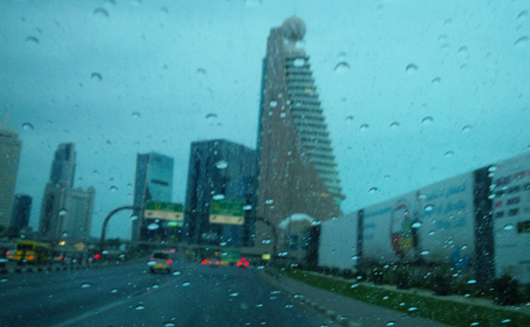
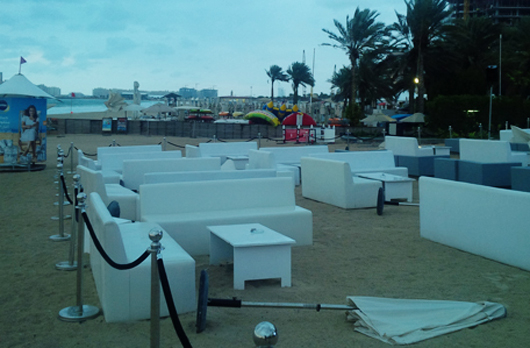

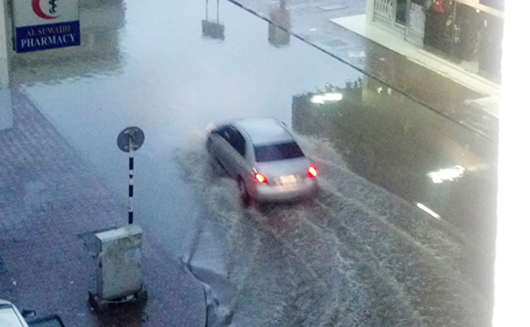
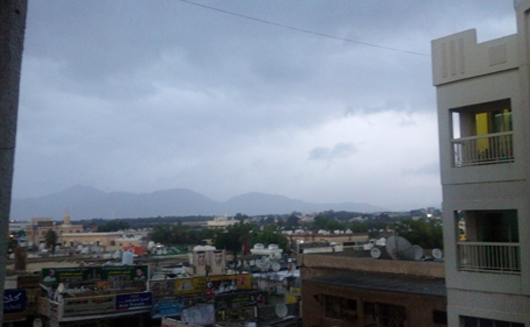
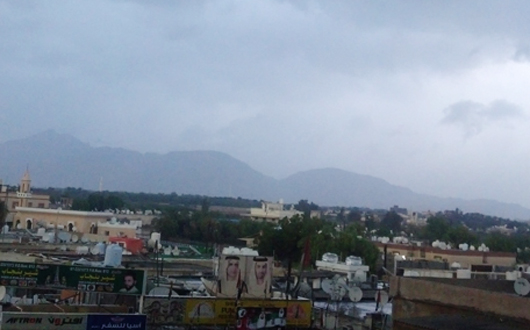
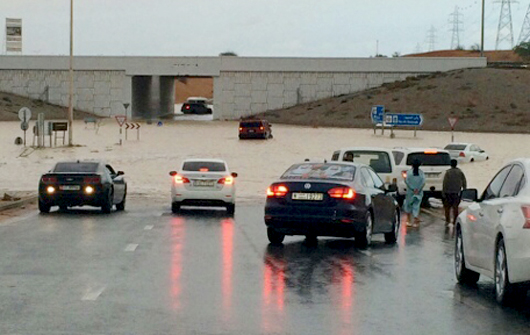
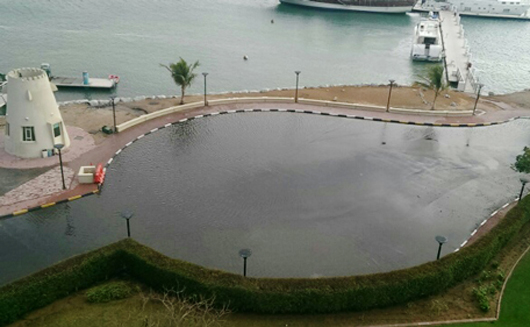

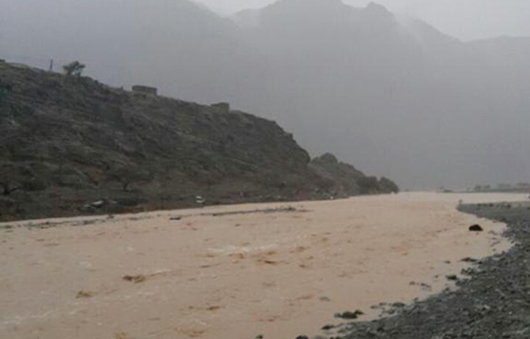
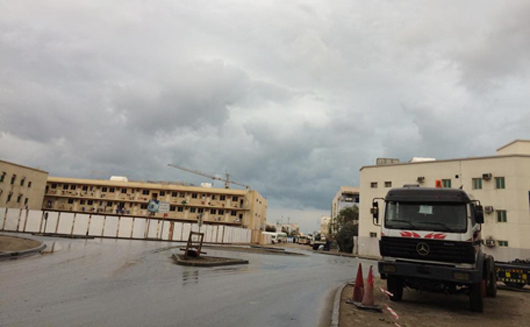




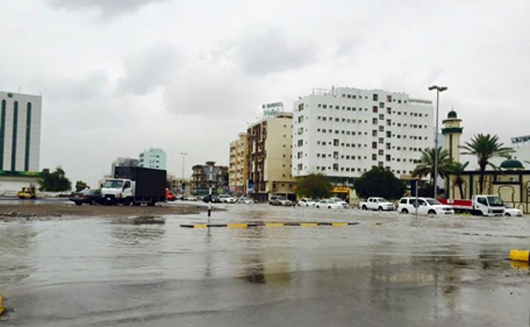
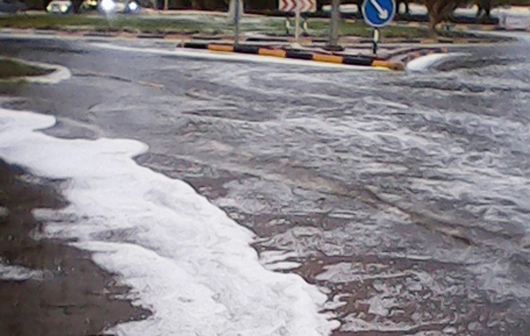
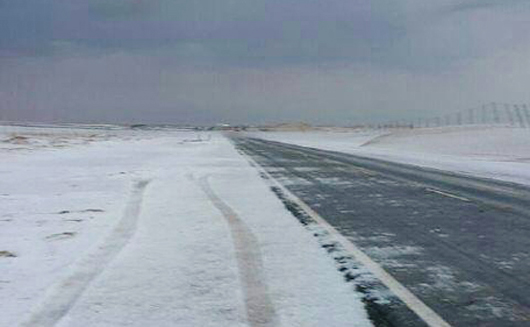
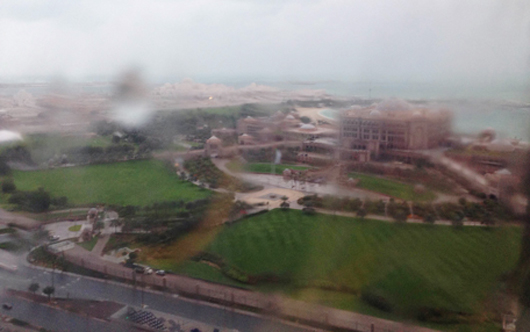
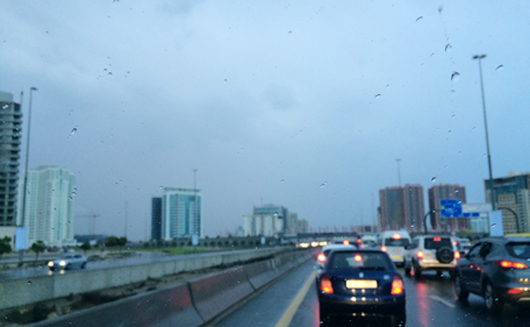

Comments
Add new comment